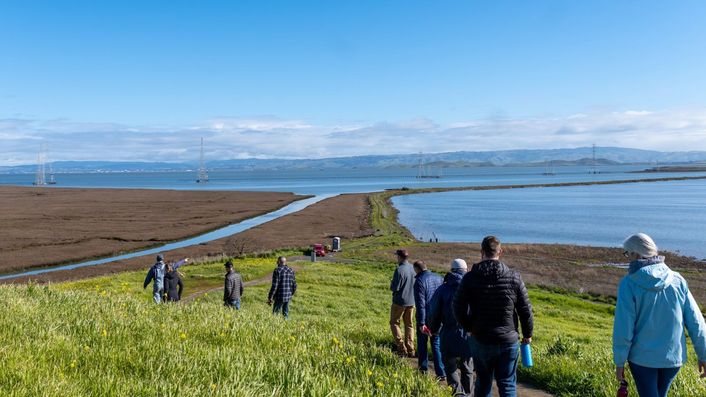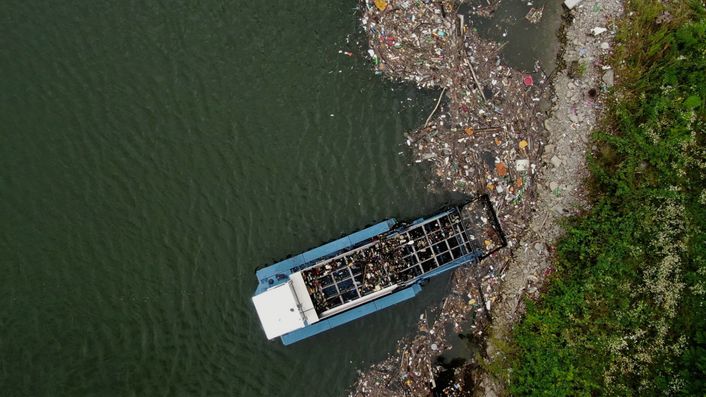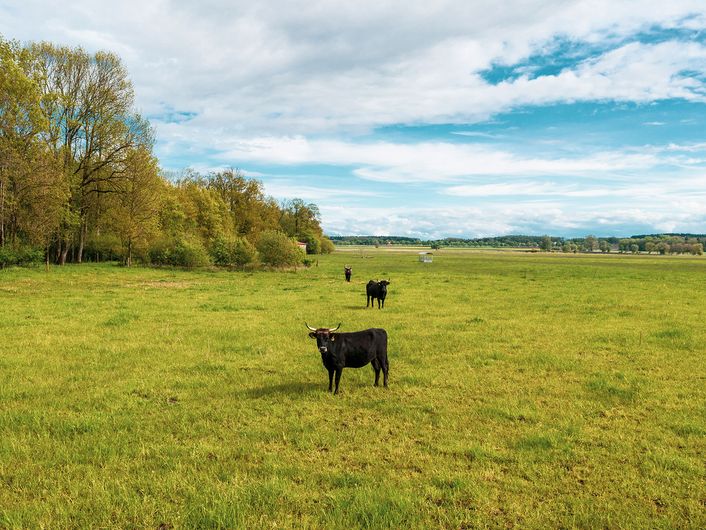Action against plastic waste in the sea and the Neckar River
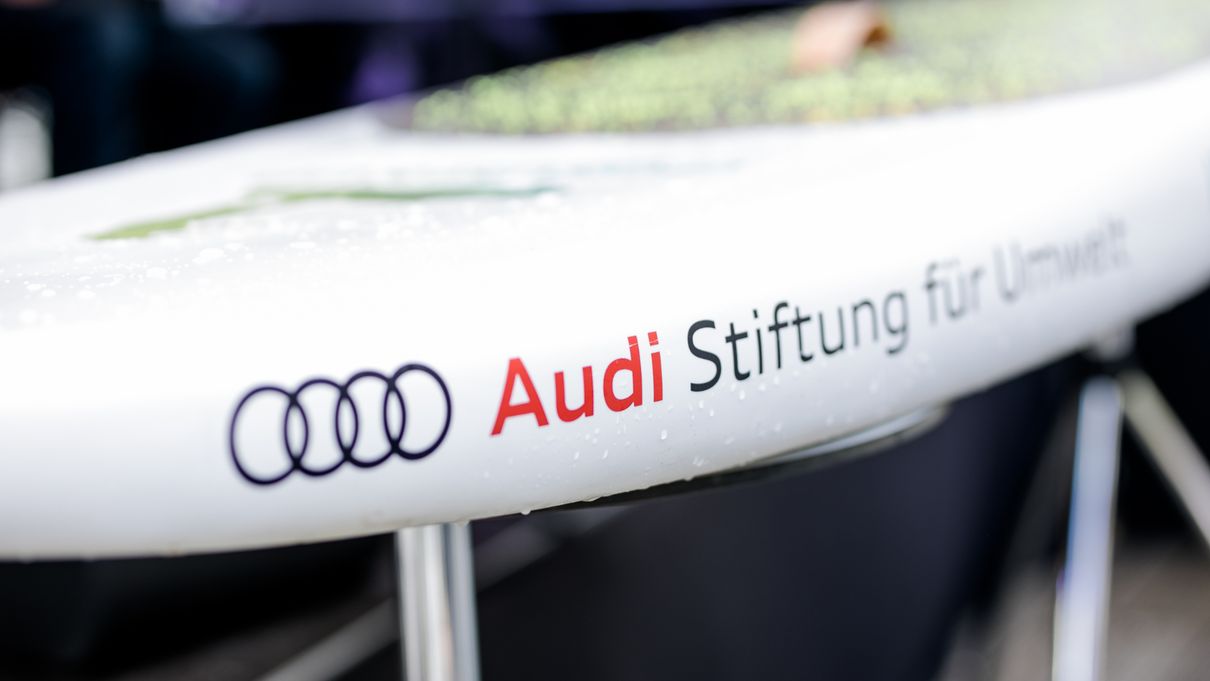
Every year, around 10 million tonnes of plastic waste finds its way into our oceans. As a result, thousands upon thousands of marine animals perish. The hazardous components in plastic have a lasting effect on the animals’ genetic make-up. The main sources of pollution are rivers from which the plastic waste is flushed into the seas by the current. We have therefore set ourselves the goal of actively tackling this problem in the long-term. An example of this is our cooperation with Clear Rivers from Rotterdam (Netherlands). Since July 2018 we have set up several litter traps there directly on source waterways to catch floating plastic. The collected plastic waste is recycled and reused with innovative 3D printers for seats in Brussels and Ingolstadt.
The aim of the project is to reduce marine pollution.
Production of a stand-up paddeling board with plastic waste from the Neckar
Since the end of September 2019, another regional project to raise awareness of plastic waste has developed with the initiative “Unser Neckar” (“Our Neckar”). Working with Baden-Württemberg’s Environment Ministry and the regional authority (Regionalverband Heilbronn-Franken), we are drawing attention to the pollution of waterways.
In so-called ‘upcycling’, rubbish or used items are ‘fished’ out of waterways and reused, by being transformed into higher-quality materials. In spring 2019, along with school pupils from the city of Heilbronn, we collected plastic waste from the Neckar.
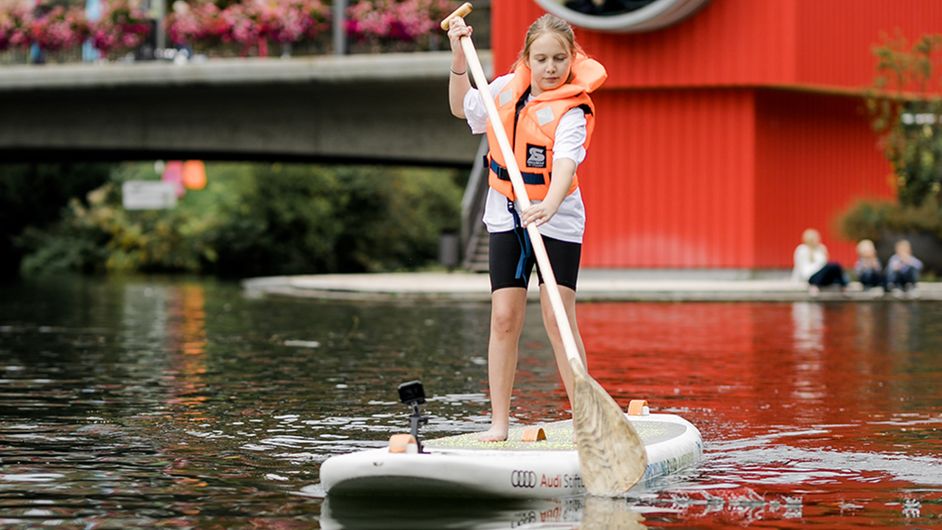
A student is testing the SUP on the Neckar.
The collected waste was turned into a stand-up paddle (SUP) board by our project partner, Pogo Boards, and on the initiative’s ‘Day of Action’, 29 September 2019, the board was tried on the water for the first time by pupils. The Foundation’s chief executive, Dr Rüdiger Recknagel, and the director of Audi’s Neckarsulm plant, Helmut Stettner, presented the finished SUP board. “With suitable upcycling projects like this, we want to encourage more conscious consumption and correct disposal of waste", said Dr Recknagel.
Education to reduce plastic waste
From spring 2020, the stand-up paddle board will be used regularly for different clean-up activities. The campaign stands for fun (through paddling) combined with environmental education (collecting waste, recycling, conserving). The campaign’s aim is to excite people about the environment with such formats and to make them far more aware of how to treat waste and waterways. At the Audi Environmental Foundation, therefore, we are combatting the causes and not just the symptoms of plastic waste. At the same time, through these projects, we want to create enthusiasm for the environment and for nature conservation, so that we can work together for a future worth living.
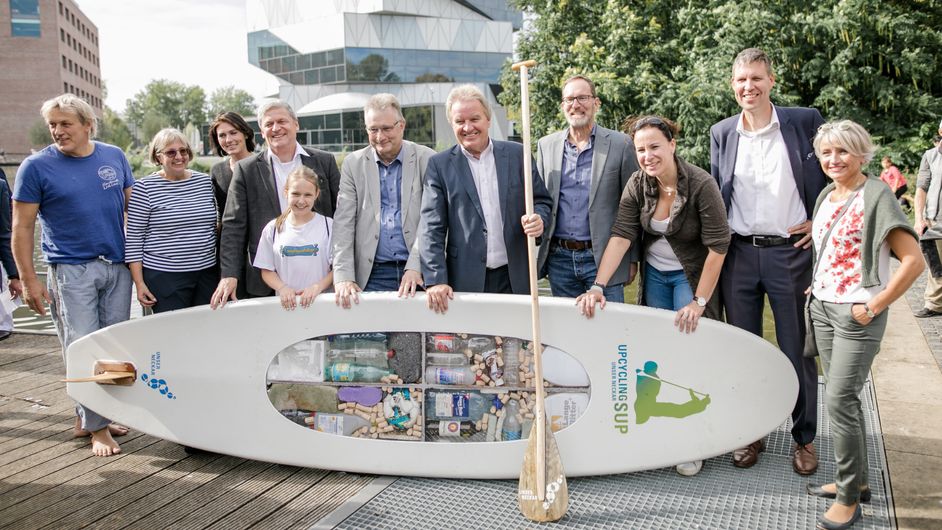
Sustainable handling of plastic waste.
From left to right: Jogi März, Pogo; Susanne Jauch, regionale Zusammenarbeit Standort Neckarsulm; Bettina Pany, Regionalverband Heilbronn-Franken; Helmut Stettner, Head of Production Audi Neckarsulm; Jana, student at Elly-Heuss-Knapp-Gymnasium; Walter Braun, Wasserstraßen- und Schifffahrtsamt Neckar; Franz Untersteller, Secretary of the environment Baden-Württemberg; Joachim Scholz, Regionalverband Heilbronn-Franken; Dr. Sabine Schellberg, Secretary of the environment Baden-Württemberg; Dr. Rüdiger Recknagel, Audi Environmental Foundation; Dorothea Piontek, Deputy Headmaster Elly-Heuss-Knapp-Gymnasium.
